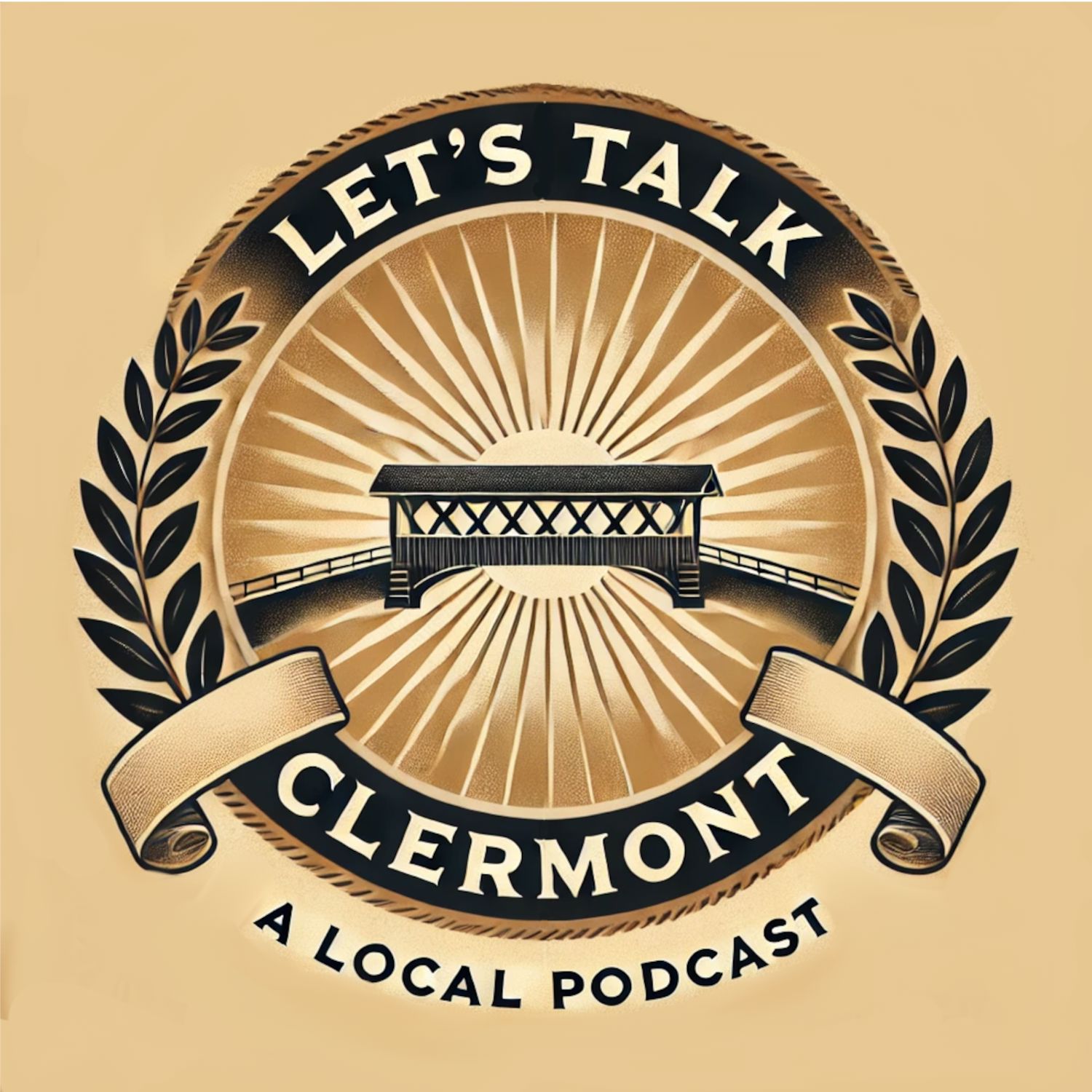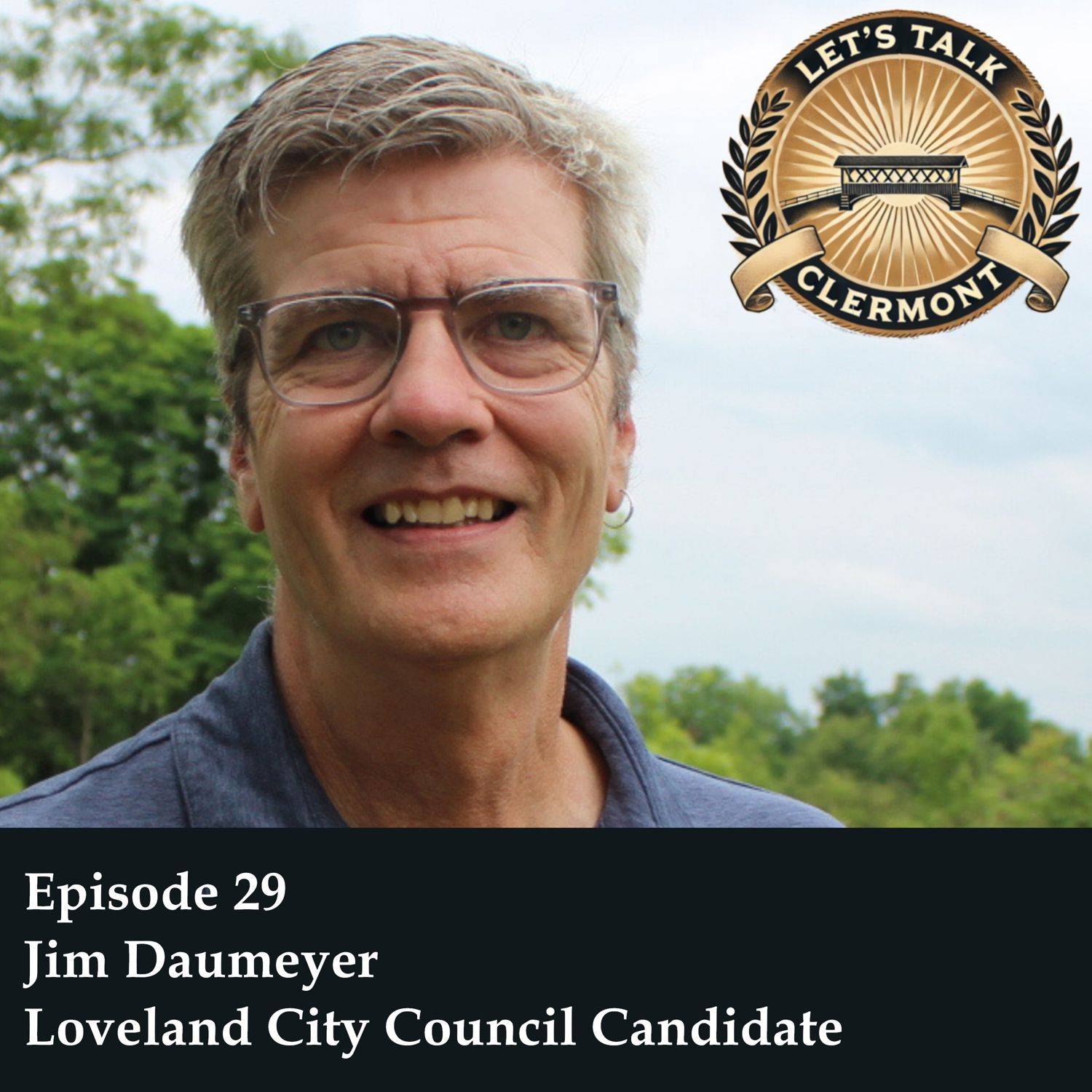We’re on an accelerated release run through November 4. Today, we start with a quick refresher on Ohio House Bill 113. What annexation is, how expedited Type 1–3 petitions work, and what HB 113 would change (a benefit/detriment test, tighter Type 2 limits, stronger school-district notice/approval, and expanded ethics disclosures). Then we sit down with Jim Daumeyer, candidate for Loveland City Council, for a practical conversation about growth, parks, and getting around town.
In this episode:
Follow the show, share with a neighbor, and tell us: What is the character of Clermont County?
Like what you hear? Help support the show with time, talent, or treasure.
Donate
In this episode:
- HB 113, simplified: why contiguity and acreage caps matter, and how a “merits” review could slow rubber-stamped annexations.
- Parks & trails: volunteer-built paths, invasive honeysuckle removal, and the case for year-round facilities.
- Sidewalks, bikes, traffic & parking: connecting neighborhoods to downtown, ideas for a second river crossing, and rethinking the Loveland-Madeira corridor (safer, more walkable, business-friendly).
- Public transit & school busing: what a small, smart system might look like.
Follow the show, share with a neighbor, and tell us: What is the character of Clermont County?
Like what you hear? Help support the show with time, talent, or treasure.
Donate

